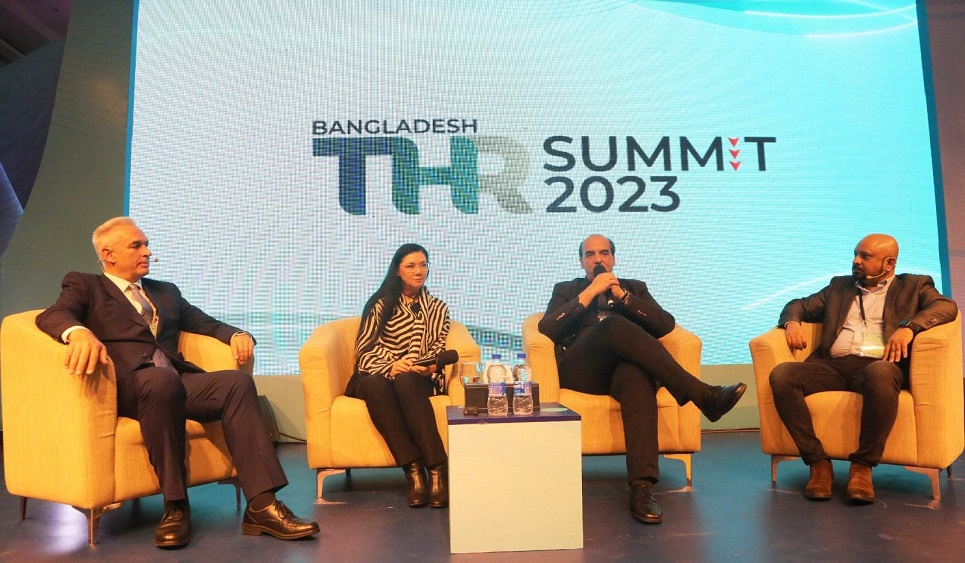Experts for developing framework on tobacco harm reduction
Staff Correspondent
Published: 27 May 2023

International health experts at a harm reduction summit discussed the need to regulate less harmful alternatives of nicotine delivery in a risk-proportionate manner while urging authorities for stricter restrictions on traditional cigarettes.
Notable public health experts, policymakers and media personnel gathered at the Bangladesh THR Summit 2023 at Le Meridian Dhaka on Saturday to discuss the role of Tobacco Harm Reduction (THR) for supporting Prime Minister’s vision of a ‘Smoke-free Bangladesh’ by 2040.
THR is a public health strategy to reduce or minimize the health risks to individuals and wider society associated with the use of conventional tobacco products.
THR amplifies the value of smoking cessation, but where smokers are unwilling or unable to quit, the use of innovative smoke free technologies, that deliver nicotine without the harmful bits - smoke or tar.
Currently, the U.K., Sweden, New Zealand, Canada and many other progressive nations of the world are encouraging the use of such products to reduce smoking incidence by regulating them through a risk-proportionate regulatory framework.
Moderated by Dr Delon Human, the event featured globally renowned public health experts such as Dr Derek Yach, Prof Mihaela Raescu, Dr Kgosi Letlape, Dr Marewa Glover, Dr Konstantinos Farsalinos and other experts such as Michael Landl, Masud-Uz-Zaman, Federico Fernandez with representation in the audience from ministries of industries, finance, commerce, home affairs, and other institutions such as Bangladesh Investment Development Authority (BIDA).
While delivering his keynote speech, former WHO Cabinet Director Dr Derek Yach said the harm reduction strategies have always been part of the FCTC and tobacco control, but thus far not fully implemented.
“Bangladesh has the opportunity to translate its economic transformation into accelerating tobacco control through harm reduction. It will save lives,” he said.
Dr Delon Human, a former secretary general of World Medical Association, expressed his concerns saying that the fundamental principle of public health is to prevent and control disease and premature death.
“With traditional tobacco control, there is little to no hope to achieve the aim of a smoke free world by 2040. Frankly, this is a death sentence for the almost 1.4 billion current smokers in the world, which include 20 million kind citizens of Bangladesh,” he said.

